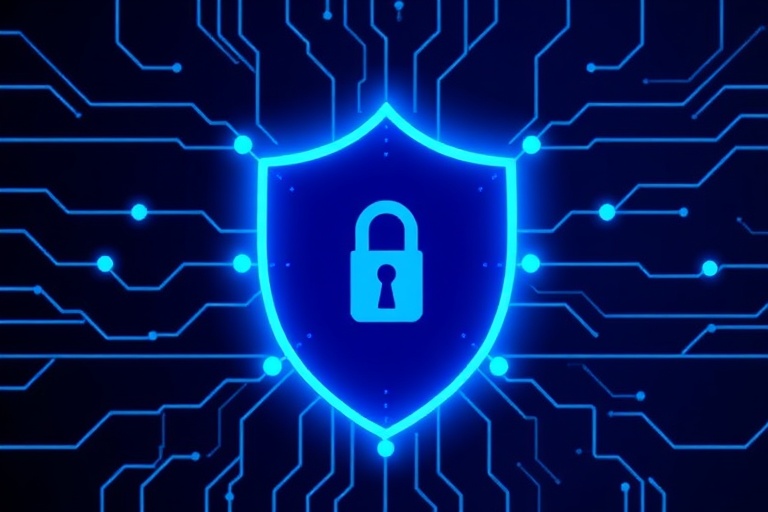A virtual private network (VPN) is a tool that creates a secure, encrypted connection between your device and the internet. It hides your IP address, protects your personal data from hackers, internet providers, and surveillance, and gives you more privacy online.
Why use a vpn
- Privacy – stops tracking by your ISP, advertisers or government
- Security – protects your data on public Wi-Fi like in cafés or airports
- Access – bypasses geo-restrictions on sites like Netflix or BBC iPlayer
- Anonymity – changes your IP address to hide your real location
How a vpn works
When you turn on a VPN, your data is sent through an encrypted tunnel to a secure VPN server. That server then connects you to the internet. From the outside, it looks like you’re browsing from the VPN server’s location.
Common vpn uses
| Use case | Benefit |
|---|---|
| Remote work | secure access to company tools and files |
| Streaming | unlock Netflix US, Hulu or sports blackouts |
| Traveling | get around censorship in restricted countries |
Always choose a no-logs VPN like NordVPN or ExpressVPN so your browsing history stays private
Types of vpn
- Remote access vpn – for individuals working from home or on the go
- Site-to-site vpn – connects entire office networks
- Mobile vpn – works best on smartphones even when switching networks
Key vpn features to look for
- AES-256 encryption
- Kill switch
- Fast connection speeds
- Global server coverage
Using a VPN is one of the simplest ways to protect your online privacy and freedom. Whether you’re streaming, working, or just browsing, a VPN keeps your activity private and secure.
Read more in our detailed guide: What you need to know about virtual private networks in 2025.




